


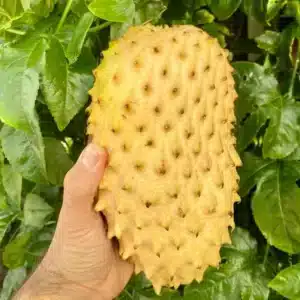
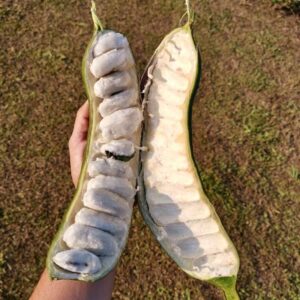
Breadfruit Tree (Artocarpus camansi) – Live Tropical Fruit Tree – USDA Certified
$49.99 Original price was: $49.99.$34.99Current price is: $34.99.
The Breadfruit tree, scientifically known as Artocarpus camansi, is a powerful and impressive tropical tree that brings abundance, beauty, and long-term value to your outdoor space from the moment it is planted. Choosing a breadfruit tree today means that tomorrow your garden already feels more productive, more established, and full of promise. This is a tree known for its strong presence, rapid growth, and the way it transforms a landscape into something meaningful and full of potential.
From the first day in your garden, the breadfruit tree adds bold tropical character. Its large, deeply lobed green leaves create an immediate sense of richness and vitality. Tomorrow, when you step outside and see the tree settling into its new environment, you’ll notice how it changes the atmosphere around it. It becomes a centerpiece that adds structure, shade, and a feeling of growth to your space. Even as a young tree, it signals future abundance and long-term reward.
As the breadfruit tree grows, it develops into a large, shade-providing tree with a wide canopy and a strong trunk. Watching its rapid development becomes part of your routine, offering satisfaction as new leaves appear and the tree quickly gains height and strength. Tomorrow begins that journey, where visible growth reinforces the feeling that your garden is evolving and becoming more valuable.
One of the most exciting aspects of planting a breadfruit tree is anticipating its fruit. The breadfruit itself is large, textured, and visually striking, hanging from the branches like natural ornaments. Planting the tree today means that in the future you will experience the pride of seeing fruit develop on a tree you cared for from the beginning. Harvesting breadfruit from your own space becomes a symbol of long-term planning and dedication, turning your garden into a place of purpose and fulfillment.
Beyond fruit production, the breadfruit tree adds lasting value to your outdoor environment. Its dense canopy creates natural shade, making outdoor spaces cooler and more comfortable. Tomorrow, it stands as a young tree full of potential. Over the years, it becomes a defining feature of your landscape, shaping how your yard feels and how you spend time outdoors. It encourages gatherings, relaxation, and appreciation for nature.
This tree thrives in warm, sunny, tropical climates and adapts well to fertile, well-draining soil. With consistent care during its early stages, it establishes quickly and becomes increasingly resilient. Tomorrow begins a simple routine of watering and observation. Over time, that routine becomes something you enjoy, as the tree responds with vigorous growth and visible progress. Its strength and adaptability make it a reliable choice for long-term planting.
Owning a breadfruit tree also brings a sense of legacy. This is a tree that grows for decades, often becoming a central part of a property’s landscape. Guests notice its size and beauty, and it becomes a familiar and cherished presence. As the years pass, it grows alongside your home, marking time and creating memories tied to its shade and harvests.
The breadfruit tree encourages a deeper appreciation for long-term growth and planning. It reminds you that the best rewards come from patience and care. Tomorrow you begin that experience. Each year builds upon the last, creating a tree that offers not only fruit but also beauty, shade, and a lasting connection to your outdoor space.
In summary, planting a Breadfruit tree (Artocarpus camansi) is a decision that improves your life starting tomorrow and continues delivering value for many years. Tomorrow you gain a bold tropical presence that enhances your garden. Over time, you gain a large, productive tree that adds shade, beauty, and a sense of abundance to your landscape. The breadfruit tree represents growth, strength, and long-term reward, making it an exceptional choice for warm-climate gardens and tropical properties.
| Weight | 15 oz |
|---|---|
| Dimensions | 22 × 4 × 4 in |
| Planting bag and soil |
Planting bag and soil ,i have soil and container |
| How tall |
1-2 feet ,2-3 feet ,3-4 feet |

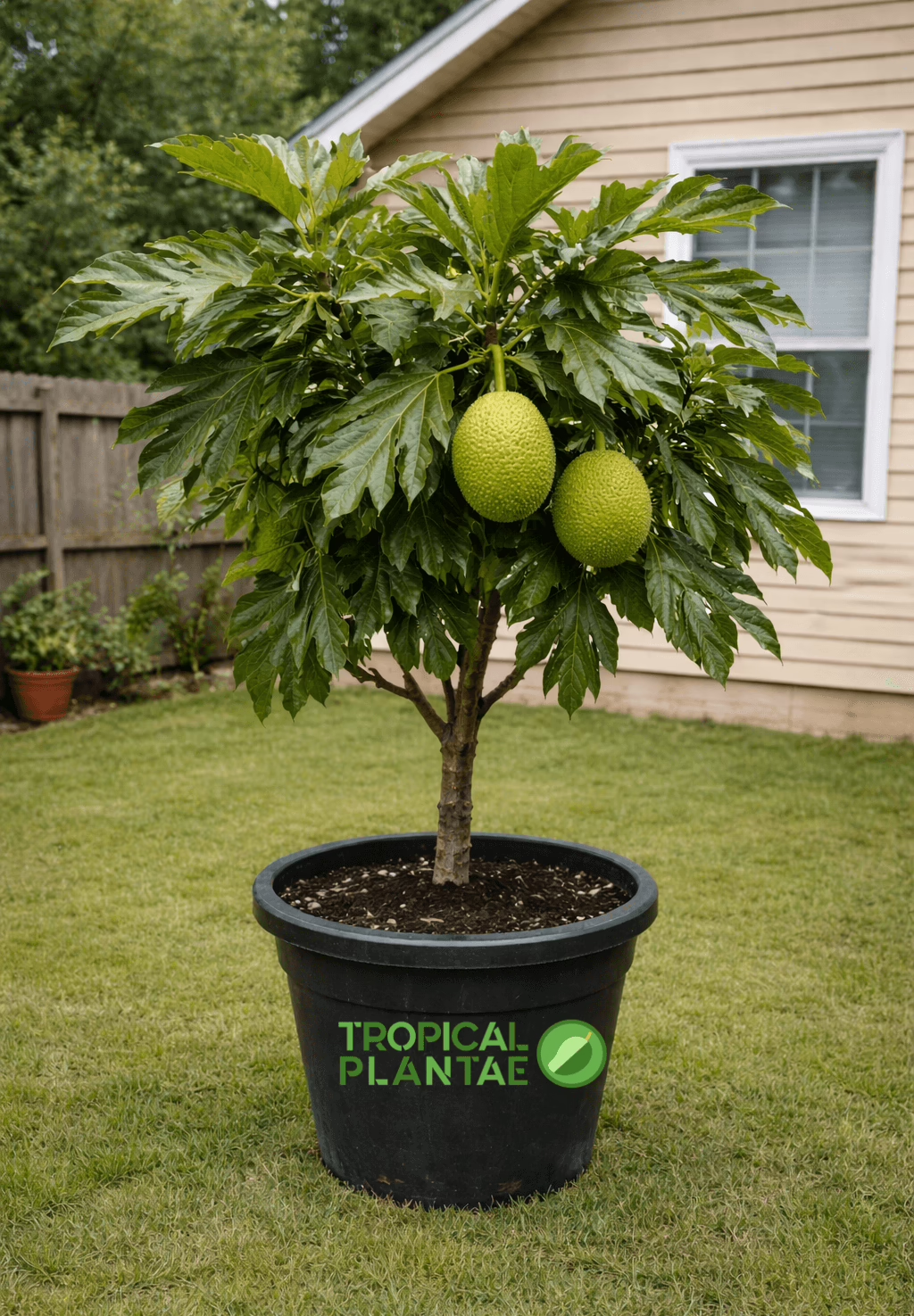
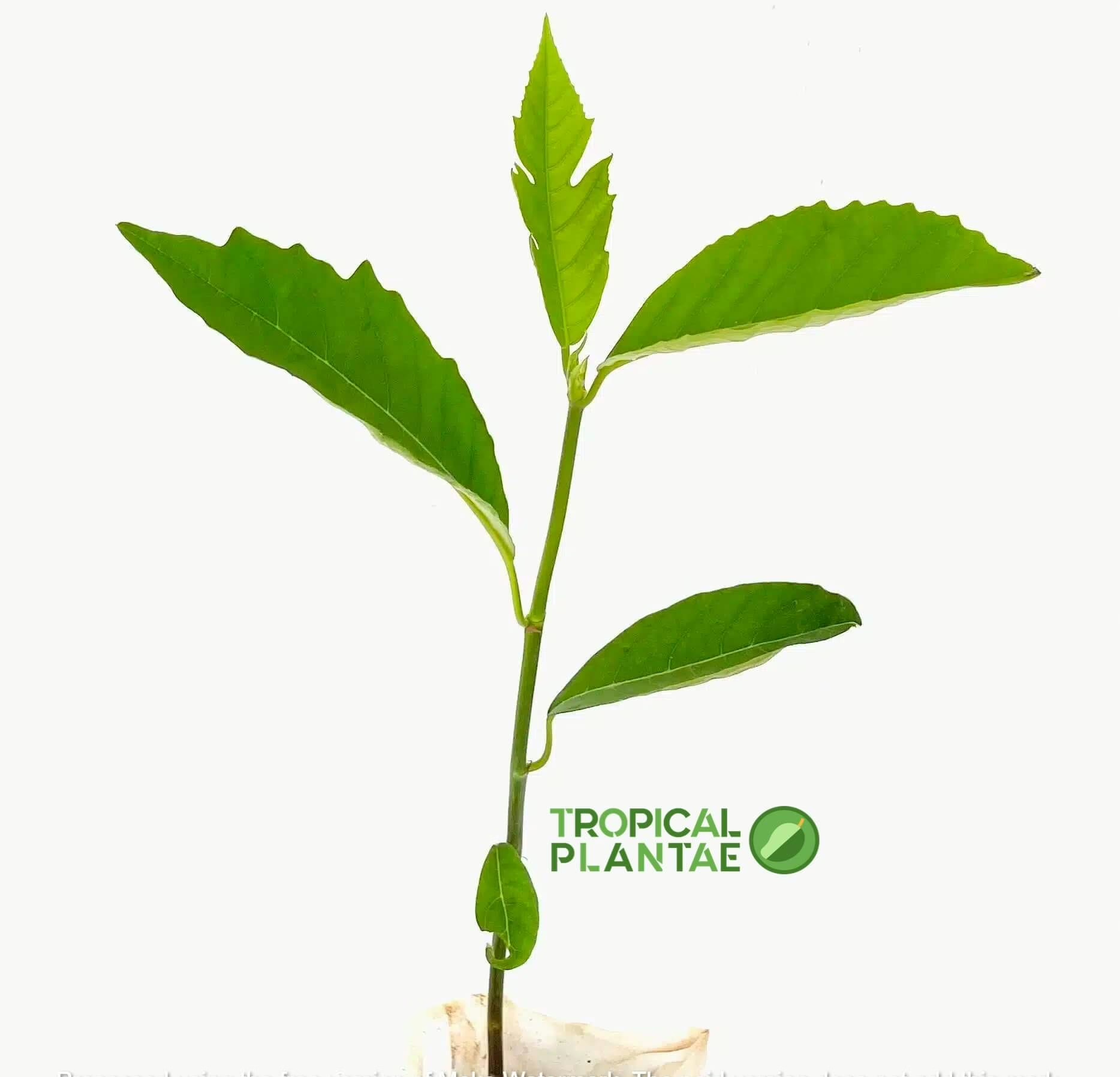
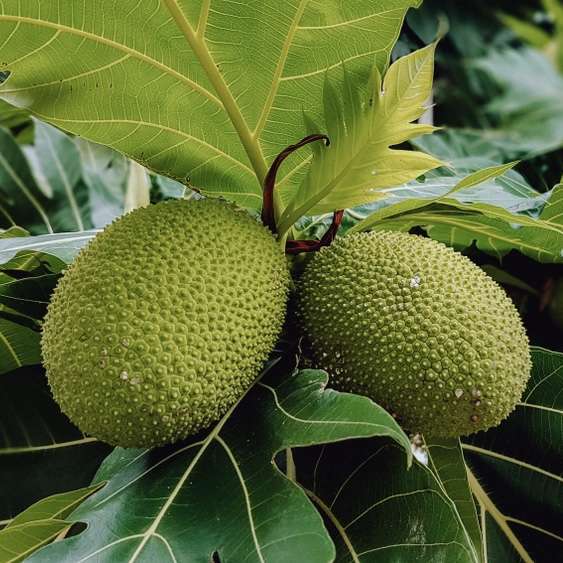
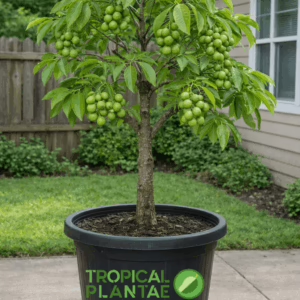
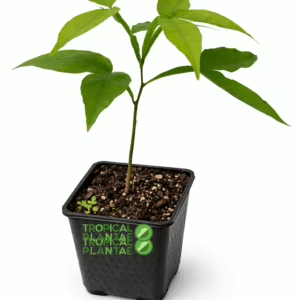
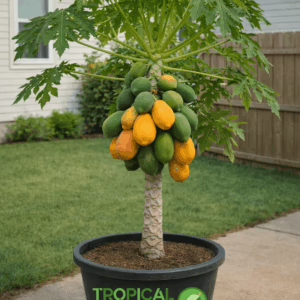
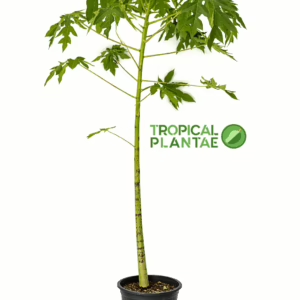


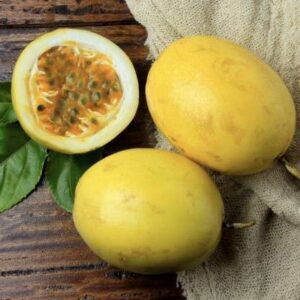
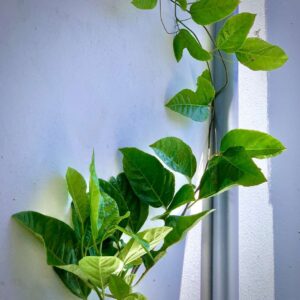
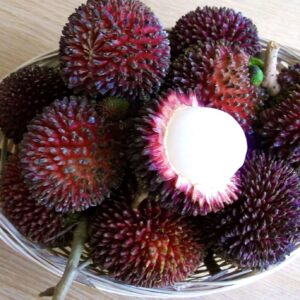
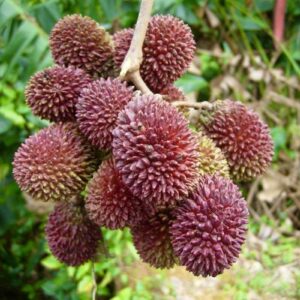


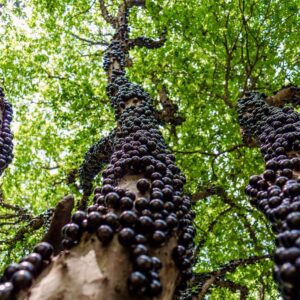
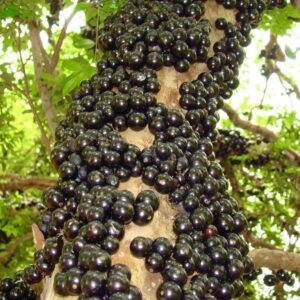


Reviews
There are no reviews yet.